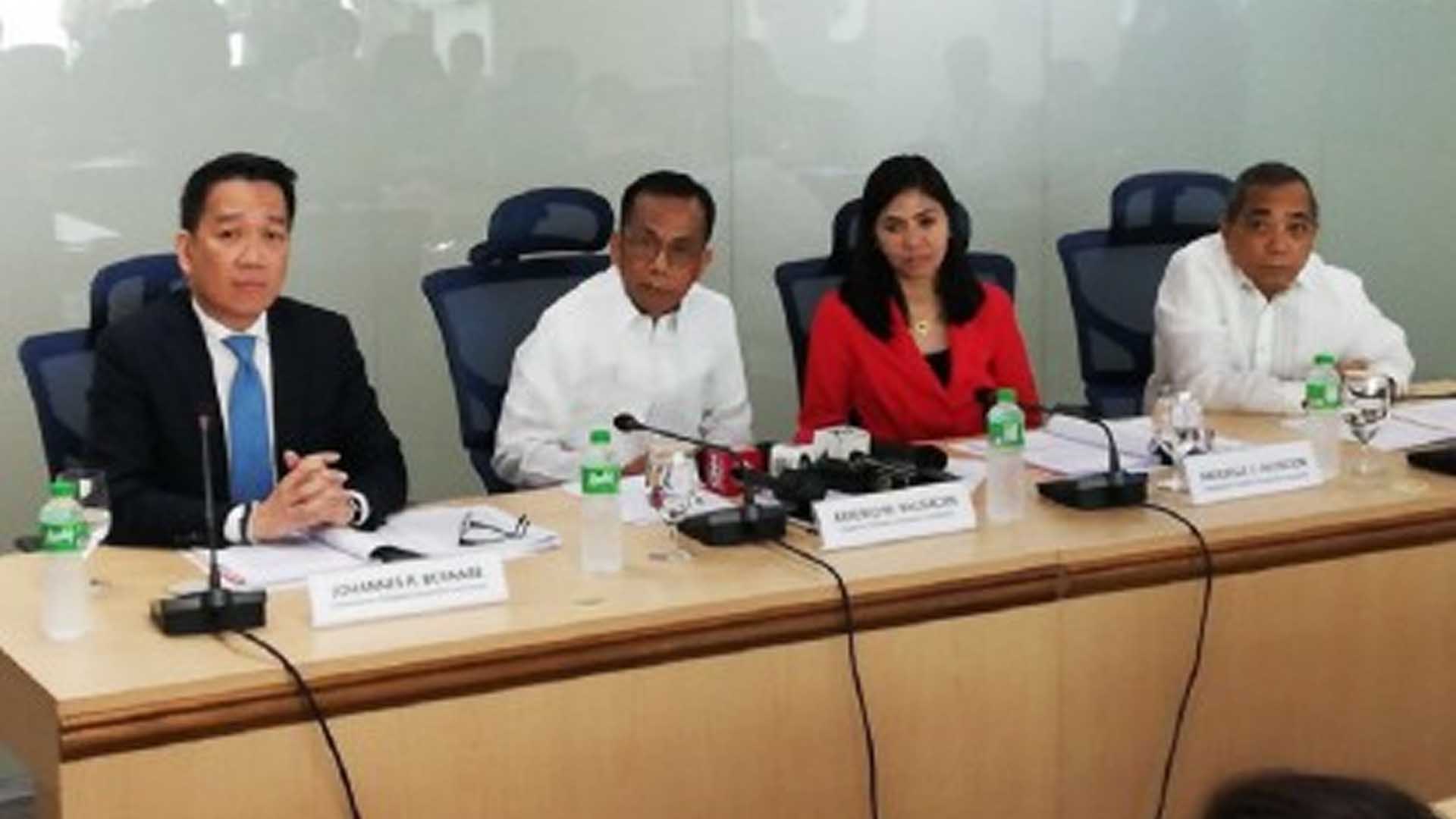The Philippine Competition Commission (PCC) ordered ride-sharing company Grab Philippines to refund PHP5.05 million to its riders for breaching its voluntary pricing commitments.
“The PCC has imposed a total fine of PHP23.45 million on Grab for breaching its pricing commitments during the first to third quarters of the initial undertaking,” PCC Chairman Arsenio Balisacan said in a press conference.
Grab’s voluntary pricing commitments covered August 2018 to May 2019.
PCC Commissioner Johannes Bernabe said both fines for the first and second quarters of the first undertaking totaling to PHP18.4 million will be paid to the PCC, and remitted to the national treasury.
However, the third-quarter fine of PHP5.05 million and ensuing quarterly fines will be refunded to Grab customers through GrabPay within 30 days of Grab’s receipt of a notice of breach from the PCC, he said.
The refund order was made through an amendment to Grab’s first commitment with the PCC and will be effective throughout the rest of the company’s price-related commitments which are set to end on Nov. 1, 2020, he added.
“In the third quarter, in the fourth quarter and the extended period, that will be subject to refund,” Bernabe said.
The fines, he said, were imposed after Grab exceeded the allowable deviation from its prices before its buyout of rival Uber.
The allowable deviation or increase in prices was set to 22 percent from levels before Grab’s virtual monopoly of the ride-sharing market, which meant Grab constantly exceeded its allowable price-hike since the buyout, and was fined based on how much it breached its agreement with the PCC.
During the event, Balisacan also announced a new set of voluntary commitments by Grab which were broadly categorized into non-exclusivity, service quality, and price-related commitments.
The non-exclusivity commitments, Balisacan said, have implications on new competitors to the ride-sharing market and will be effective for four years from Nov. 1, 2019.
These include commitments to prevent exclusive membership or registration of drivers or operators to Grab, monitoring of incentives to drivers/operators, and provision of licensing and regulatory support.
Grab’s service quality commitments, meanwhile, will be effective for one year from Nov. 1, 2019 and would help ensure that Grab drivers would not discriminate against passengers through the removal of the “see destination” feature for drivers with a completion rate below 65 percent for the first quarter and 70 percent for the remaining quarters.
For price-related commitments, which would also be effective for one year, Balisacan further said these include a fare transparency commitment and a system-wide average fare cap to limit the average fare increase to 22.5 percent in most months.
He added each violation will subject Grab to fines of up to PHP2 million per breach, not including a disgorgement mechanism wherein Grab will refund its commissions in excess of the system-wide average fare cap per month.
“We hope that with the commitments set out in the extended undertaking, the riding public will be protected from the threat of monopolistic behavior,” Balisacan said. (PNA)







